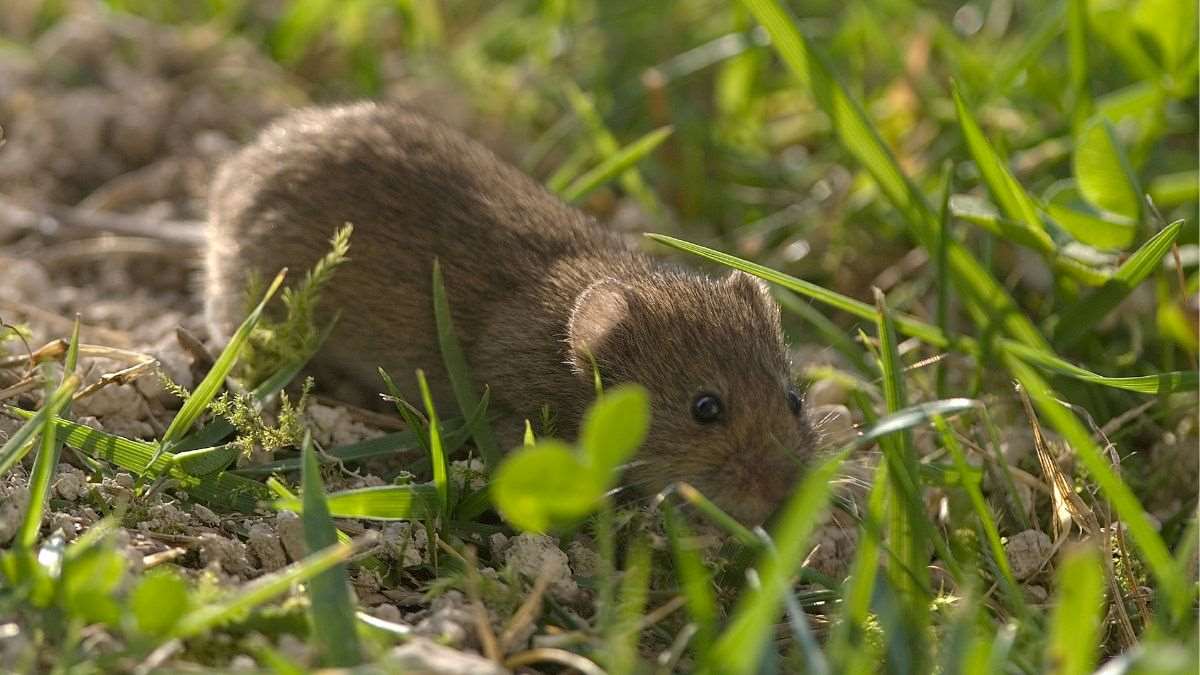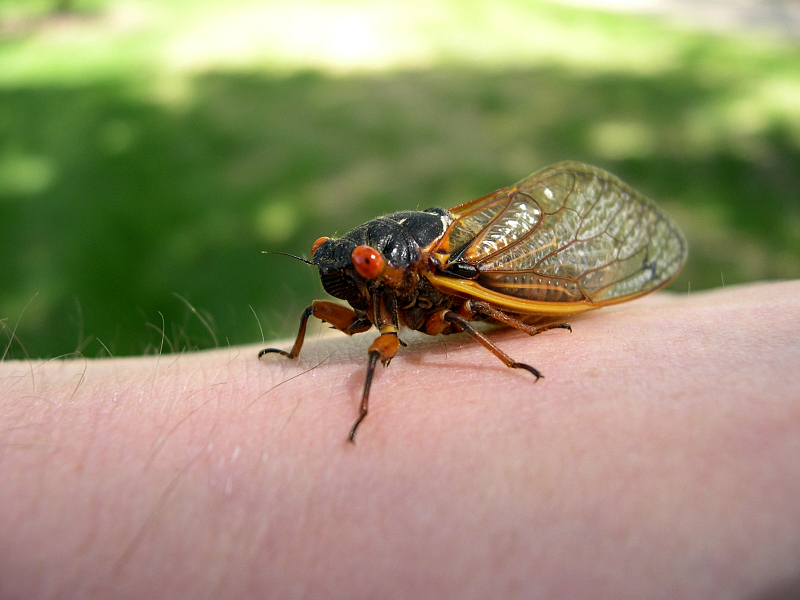Lawn Care

Voles: What They Are, and How to Be Rid of Them
October 2, 2024If you’ve noticed small tunnels crisscrossing your lawn or garden, you could be dealing with voles. Voles might seem like harmless, tiny rodents, but for homeowners, gardeners, and farmers, they can cause significant damage to lawns, gardens, and crops.
These tiny rodents can cause major headaches for property managers, especially when they start chewing through plants and roots. Understanding what voles are, the types found in Central Pennsylvania, and effective strategies to get rid of voles, is essential for maintaining a healthy and beautiful landscape.

How to Get Rid of Fleas Fast
August 22, 2022Fleas can be a big problem for any homeowner. If you have fleas in your home, it’s important to get rid of them as soon as possible. The best way to do this is to hire a lawn pest specialist. A lawn pest specialist will be able to get rid of the fleas quickly and efficiently. They will also be able to advise you on how to prevent fleas from coming back in the future.

When Are the Cicadas Coming To Lancaster And York?
April 14, 2021Some groups of periodical cicadas come out every 17 years; some groups come out every 13 years, and some are annual arrivers. In Lancaster and York, and across the state of Pennsylvania, cicada nymphs are expected to emerge en masse from the ground in late May or early June. This is the year for the 17-year brood to emerge.

The time of the cicada emergence (and impending swarm) will depend on how warm the temperatures get. Cicadas prefer to emerge when soil temperatures reach 64 degrees, according to Penn State Extension.
There are 8 different periodical cicada broods in Pennsylvania. Brood X (10) is expected to arrive in our area this May-June. We’ll see the adults from the eggs laid in the ground in 2004.
We expect billions of cicadas to emerge from the ground. So why does this happen and what are these insects? Will it seem like a plague of insects? Are cicadas dangerous?
Let’s find out:
What are a Spotted Lanternfly’s Natural Enemies?
November 17, 2020By now, you’ve likely learned about the threat that spotted lanternflies post to Pennsylvania’s agriculture industry. The state deemed the spotted lanternfly an invasive species because it feeds through tree bark, excreting a honeydew that’s harmful to trees and plants. The Pennsylvania Department of Agriculture issued an order that calls upon Pennsylvania residents to follow its guidelines to prevent the spread of spotted lanternflies.
At the onset of the infestation, it seemed as though the spotted lanternfly had no known enemies besides humans. We are seeing that play out differently now. Some natural enemies attack the spotted lanternfly and there do exist some natural lanternfly predators. Scientists continue to study possible biological control of the non-native, invasive spotted lanternfly.
- 1
- 1-4 of 4 results